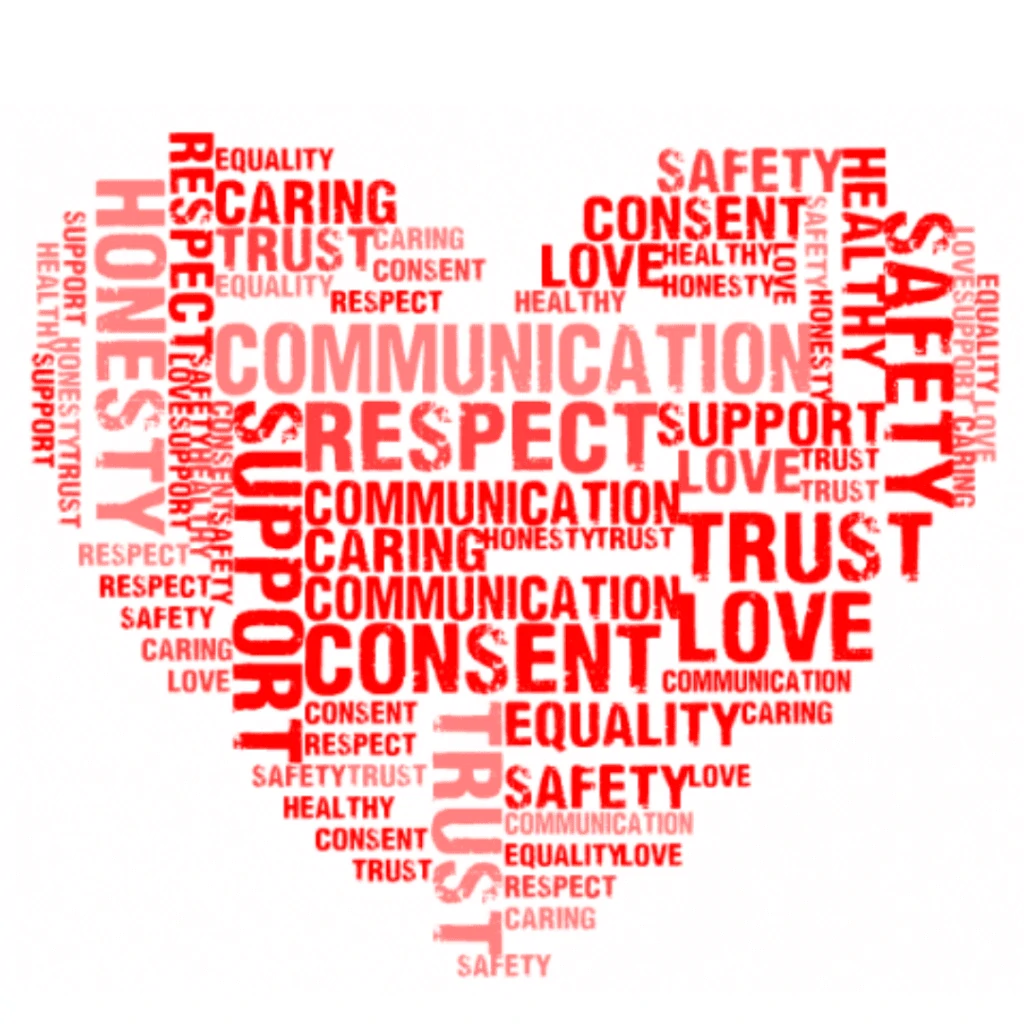By: Samantha Counts
Teen dating violence is abuse or aggression that occurs in a romantic teen relationship. It can vary in frequency and severity, ranging from one violent episode to chronic and severe episodes over time.
WHAT DOES IT LOOK LIKE?
Physical violence happens when one partner hurts or tries to hurt another partner by hitting, kicking, or using another type of physical force.
Sexual violence is forcing or trying to force a partner to take part in a sex act, sexual touching, or a non-physical sexual event (sexting) when the partner does not, or cannot, consent.
Psychological aggression is the use of verbal and non-verbal communication to harm someone mentally or emotionally and/or exert control over them. Although emotional abuse is often dismissed by adults, it often carries the most long-term effects on the well-being of the victim. Common emotionally abusive tactics include: name-calling, isolating from friends/family, body shaming, stalking, and controlling social media and communication.
Stalking is a pattern of repeated, unwanted attention or contact from a partner that causes fear or concern for one’s own safety or the safety of someone close to the threatened person.
All these forms can take place in person or electronically, such as constant texting or posting sexual pictures of a partner online without consent.
IS IT A NORMAL BEHAVIOR OR RED FLAG?
Teens often think some behaviors, like teasing and name-calling, are normal yet these behaviors can become abusive and develop into serious forms of violence. Other signs of dating abuse are extreme mood swings, poor grades, isolation from friends and family, unexplained bruises or scratches, and sexual activity.
HOW COMMON IS TEEN DATING VIOLENCE?
Nearly 1 in 11 female and approximately 1 in 15 male high school students report having experienced physical dating violence in the last year.
About 1 in 9 female and 1 in 36 male high school students report having experienced sexual dating violence in the last year
EFFECTS OF TEEN DATING VIOLENCE
Unhealthy or violent relationships can have severe short and long-term effects on developing teens. For example, youth who experience teen dating violence are more likely to: Experience depression or anxiety, begin self-destructive behaviors like taking drugs, drinking, smoking, doing poorly in school, behave promiscuously, fighting physically, attempting suicide, enter problematic relationships in the future, including intimate partner violence and sexual violence perpetration and/or victimization. Youth who experience dating violence in high school are at higher risk for dating violence in their twenties and beyond.
HOW CAN YOU HELP THE TEENS IN YOUR LIFE?
Although many teens do not report unhealthy behaviors because they are afraid to tell family and friends, you can be proactive in helping them maneuver these pivotal years.
Be a Model: oftentimes teens have an idealistic view of romantic relationships which makes it important for them to witness adult relationships that model healthy interactions and conflict resolution.
Have Conversations: teens need adults who see them and are interested in them while giving them space. Casual, matter-of-fact conversations are great places to share advice and guidance.
Help Them Set Boundaries Early On: having boundaries set before a relationship starts is better than attempting to figure out boundaries as you go.
If you are in immediate need of assistance, please call our 24-Hour Crisis Hotline at 1-800-451-9235.

